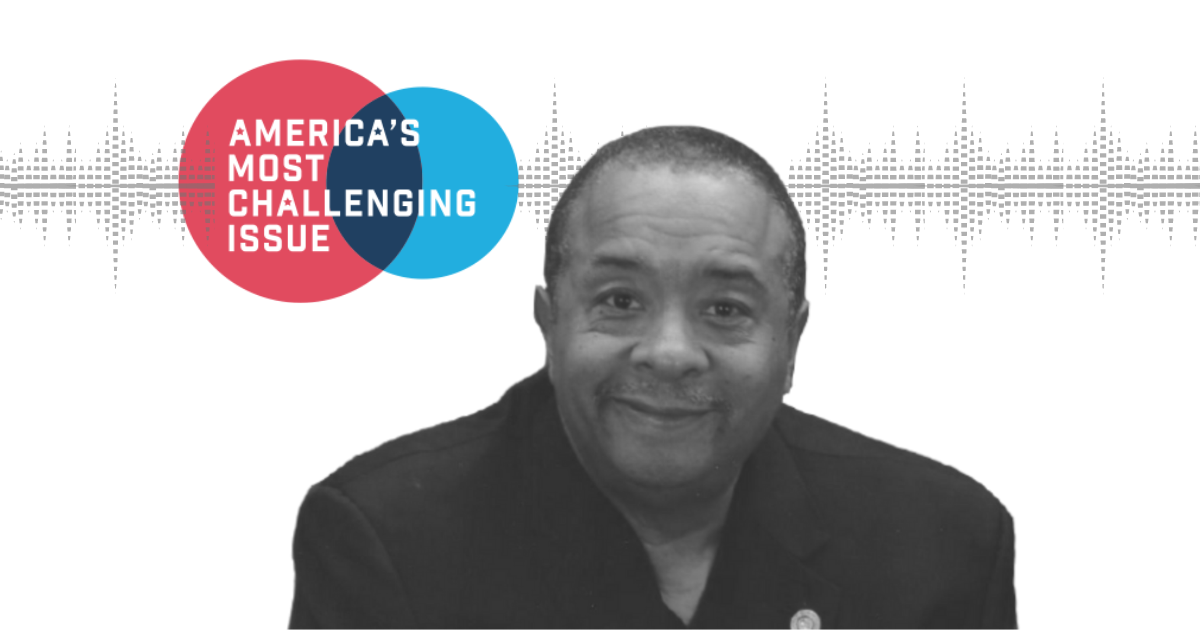Michael O’Neal stands as a pivotal figure in the advancement of the Bahá’í principles of family and community well-being. His initiatives are fundamentally focused on the notion that robust families serve as the cornerstone of a thriving society. This exploration elucidates various dimensions of his work, anchored in the teachings of the Bahá’í Faith, which emphasize unity, compassion, and the holistic development of individuals within familial structures.
The teachings of the Bahá’í Faith emanate from the belief that the family is not merely a social unit, but a divine institution ordained by God. It is within this sacred space that individuals learn essential virtues, moral principles, and social responsibilities. Consequently, Michael O’Neal’s efforts to empower families reflect a broader understanding of the profound implications of family dynamics on social progress.
One of the more salient observations underlying O’Neal’s work is the prevalent crisis surrounding family structures in contemporary society. Many families grapple with issues such as disunity, lack of communication, and emotional disconnect. O’Neal’s approach aims to address these challenges by leveraging the teachings of the Bahá’í Faith, which advocate for commitment, collaboration, and mutual understanding among family members.
Central to O’Neal’s philosophy is the idea of empowerment. Empowerment involves equipping families with the skills and tools necessary to foster healthy relationships, which are instrumental in enabling them to navigate life’s complexities. By promoting programs that encourage open dialogue, conflict resolution, and emotional intelligence, O’Neal seeks to instill a culture of understanding and respect. This grounding in humanitarian principles not only uplifts families but also cultivates a more enlightened society at large.
Moreover, O’Neal emphasizes the importance of education within the family context. The Bahá’í teachings stress that education is not solely a privilege but a fundamental human right. O’Neal’s initiatives often include educational workshops targeting both parents and children, fostering a conducive atmosphere for mutual learning. This symbiotic educational model allows families to engage with one another in shared discovery, transcending traditional hierarchies often found within familial structures.
In seeking empowerment through education, O’Neal also addresses the specific needs of diverse family units. In multi-ethnic and multicultural societies, families often contend with unique challenges stemming from differing cultural backgrounds. O’Neal’s sensitivity to these variances allows his programs to resonate deeply within various communities, fostering an inclusive environment where all families feel valued and understood. This respect for diversity is a cornerstone of Bahá’í teachings, which advocate for unity in diversity as a moral imperative.
Emotional and mental health within the family unit is another crucial phase of O’Neal’s work. The Bahá’í writings affirm the importance of psychological well-being alongside physical and spiritual health. O’Neal underscores the necessity for families to address mental health issues openly, thereby destigmatizing conversations surrounding emotional difficulties. By integrating mental health awareness into family empowerment initiatives, he advocates for comprehensive health that acknowledges the interplay between the mind, body, and spirit.
Moreover, O’Neal’s methodology incorporates the critical concept of partnership, which enhances relational dynamics not only between partners but also among parents and children. The Bahá’í teachings espouse that families ought to operate with a spirit of cooperation and shared responsibility. O’Neal posits that when family members adopt a partnership approach, they create space for collaborative problem-solving and shared decision-making. This approach leads to healthier family interactions, fostering an environment where all members feel accounted for and cherished.
A key dimension in O’Neal’s work is the extension of family empowerment into the broader community context. He posits that empowered families contribute resiliently to their communities, ultimately promoting social progress. In this vein, community service projects become a vital linkage between families and their social environments, reinforcing the Bahá’í emphasis on collective responsibility for the welfare of society. Through community engagement, families learn to recognize their roles as integral constituents of the larger social fabric, thereby reinforcing the interconnectedness that is central to Bahá’í teachings.
The implications of O’Neal’s work extend beyond immediate familial interactions, creating ripples that can positively impact social structures on a larger scale. By nurturing healthy families, he cultivates a generation that is empathetic, socially conscious, and equipped to face contemporary challenges with resilience and optimism. This aligns seamlessly with the Bahá’í vision of a world uniting in diversity, with families serving as the fundamental building blocks of a harmonious society.
In conclusion, Michael O’Neal’s commitment to empowering families not only resonates with the teachings of the Bahá’í Faith but also addresses the pressing social challenges of our time. His multifaceted approach, which intertwines education, communication, mental health awareness, and community engagement, embodies the essence of family empowerment. Through these efforts, he vividly illustrates that the strength and health of families are intrinsically linked to the trajectory of societal evolution. The comprehensive framework that O’Neal proposes underscores a universal truth: when families thrive, communities flourish and humanity advances toward its collective destiny of unity and peace.
